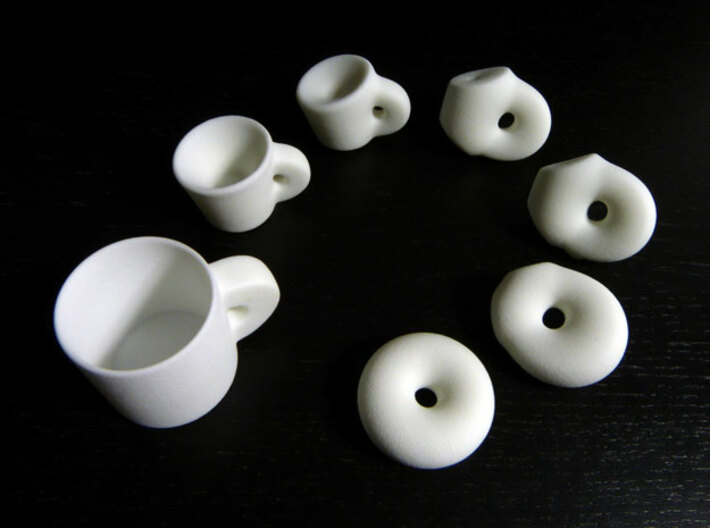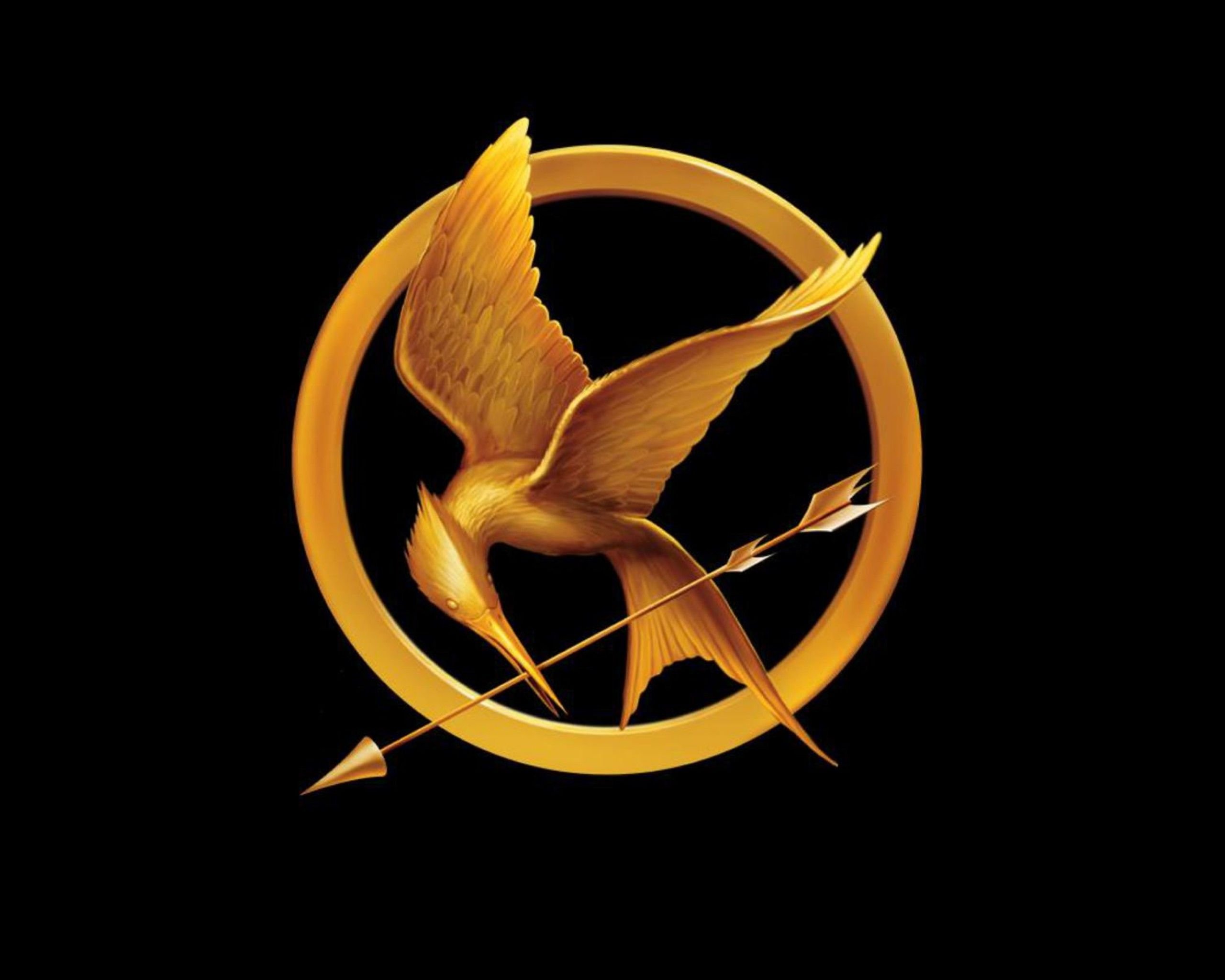The team hopes that this might become a powerful tool that paves the way for new quantum communication protocols that use topology as an alphabet for quantum information processing across entanglement-based channels.
The findings reported in the article are crucial because researchers have grappled for decades with developing techniques to preserve entangled states. The fact that topology remains intact even as entanglement decays suggests a potentially new encoding mechanism that utilizes entanglement, even in scenarios with minimal entanglement where traditional encoding protocols would fail.
Edit: Here is the quoted article link.
And here’s is the published paper.
Edit: someone below linked to this so you don’t have to pay for knowledge
Is there an article to go with this post? Cause this is just a couple of paragraphs that fails to link to what, where, and who is doing the research.
Sorry, thought I linked it. Here it is
It’s confusing but I think this is the article
Science reporting list the authors or the institutions or the paper being published. There isn’t even a DOI. So, I can’t even say if any of this has gone through peer review or been published in a reputable journal. It’s not really an article. The whole thing reads like OP copied a couple paragraphs out of the middle of a university press release.
Or for those without paid access: https://arxiv.org/abs/2210.04690
Awesome, thank you!
Much obliged. Thank you.
Not a very good one, where’s the source?
Well one is a physical phenomenon and one is a mathematical type of model. So without going further into the article I assume they use topology to model quantum behaviour.
Its like saying light and sine waves are inextricably linked. One is reality and one is the abstract model to help understand that reality
That’s a great example, thank you. So we’re beginning to discover a way to model of the fabric of reality?
I am no physicist so I wouldn’t know lol
I can tell you about topology though, its essentially a way to talk about a space where points don’t have a distance to each other. By that I mean there does not exist a function to measure the distance between two points, which is fundamentally different from “all points are so close we cannot measure their distance”. In the latter case a distance might still exist in reality, its just our instruments are not fine enough to detect it. What we mean however is that it makes “no sense”, for whatever reason, to talk about distance. The main thing of topology then is that we can still talk about properties of a space, for example whether any two points on a surface can be connected by a path, even though they don’t have a distance to eachother or to any of the points linking them.
You definitely lose a lot without the possibility to measure distance but not as much as one might expect. Another example would be that it is possible to distinguish between a torus and a sphere (or any other genus).
You act unsurprised like this is obvious. Yet understand that light and shine waves are related is a pretty big step from not knowing it.
Assuming it without demonstration doesn’t count. Anyone can assume anything. And a broken clock will always be right twice a day.
My point is that “intextricably linked” makes no sense when talking about an abstract model and a real phenomenon. They aren’t inextricably “linked”, one is real the other isn’t how could they possibly be linked. It’s the person modeling reality that makes the link.
a broken clock will always be right twice a day.
And sometimes even a calculator can be a clock!
80085!
Could you maybe put the article in the URL section of the post? Makes it a bit easier to get to it (:
My first post, sorry about that. Should be fixed now
No problem, thanks for fixing!
I understood all of these things
I think it’s really neat when I read some obscure or esoteric science discovery and feel like I understand it. Although I know I would need years of study to maybe even begin to be able to understand how to discover that truth.
I didn’t understand it even slightly, oh well. I couldn’t even tell whether this was an experimental result or just a theoretical one. That’s just from the phys.org post though. I haven’t looked at the Bature article.
Without looking this up first, I think topology is a mathematics…mathematica…a field of mathematics that makes proofs of topologies in nature. Like what is the mathematical proof of how a knot can be removed from something without untying it. Hang on let me look this up…
Okay here: Topology is the study of shapes and spaces, focusing on properties that are unchanged by continuous transformations like stretching or bending, without tearing or gluing. It’s used to understand and classify various mathematical, physical, and computational phenomena.
So topology shows how a coffee cup is a misshapen donut, or a human is donut (with center hole from mouth to…butthole) and now, how quantum entangled particles can be perturbed (messed with) and still maintain coherence (not break and still be an entangled pair).
Here’s the coffee cup donut:

So it sounds like they are using topology to classify entangled quantum ‘shapes?’ which will allow them to better understand and manipulate quantum entangled states? And so far the math is holding up?
I love this stuff. Like how the math showed that black holes should exist before we found any. It’s like frickin magic man. Like wizards reading the magic symbols to unlock the secret fabric of reality, but like, for real.
I find topology fascinating. I’d love to learn more about it but it quickly goes above my pay grade.
Cool
Would you like to name your source?






